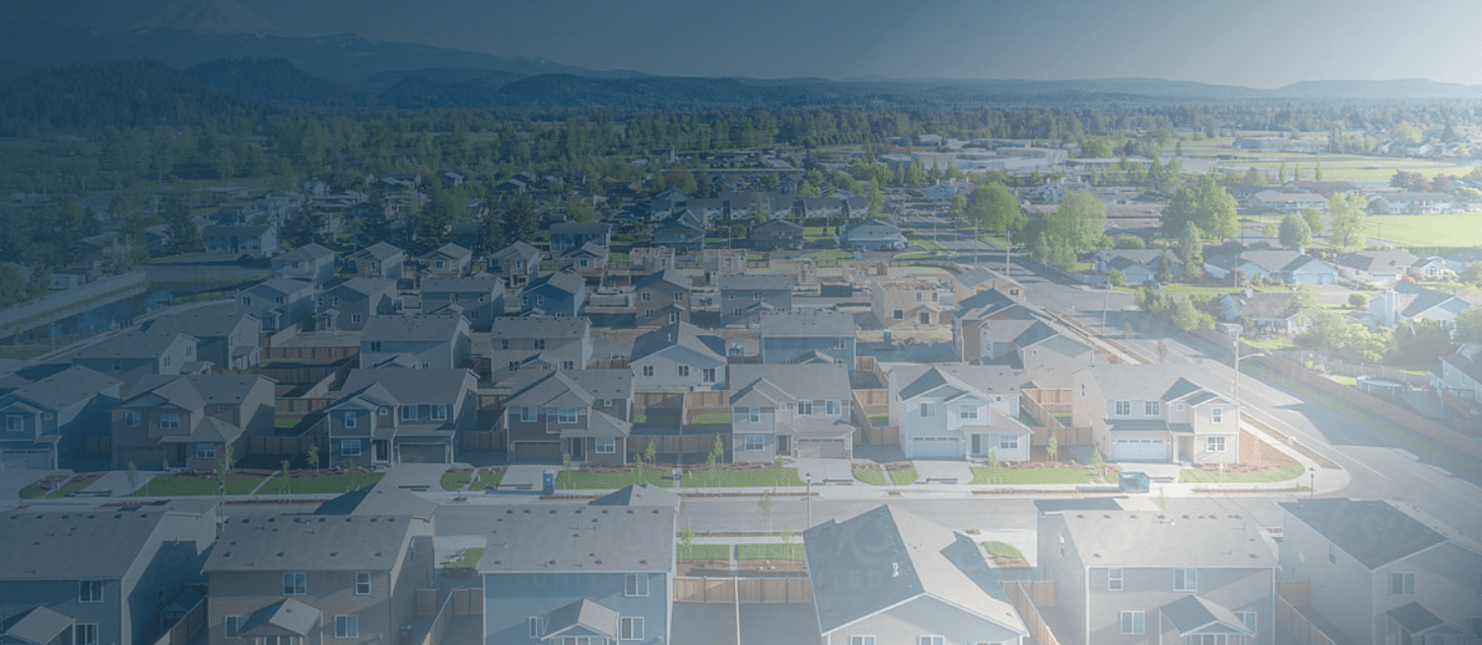How Long Do Roofs Last in Taylor, MI
Maximize roof life with expert maintenance in Taylor, MI.
As a homeowner in Taylor, MI, you may wonder how long your roof will last and what factors can impact its lifespan. The roof is a fundamental component of your home, providing protection against the elements and ensuring your family’s safety. Understanding the lifespan of your roof and how to maintain it can save you time, money, and stress in the long run. In this comprehensive guide, we will address the frequently asked questions surrounding the longevity of roofs, empowering you with the knowledge to make informed decisions about your roof’s maintenance and potential replacement when the time comes.
Factors Affecting Roof Longevity
The lifespan of a roof is influenced by several factors, including the type of roofing material, installation quality, climate, maintenance, and ventilation. Each of these factors plays a crucial role in determining how long your roof will last and how well it will perform over time.
Roofing Material: Different roofing materials have varying lifespans. For instance, asphalt shingles typically last between 15 to 30 years, while metal roofs can endure for 50 years or more. Understanding the lifespan of the specific roofing material on your home is essential for planning maintenance and potential replacement.
Installation Quality: The quality of the initial installation significantly impacts the longevity of your roof. Poor installation can lead to premature damage and reduce the overall lifespan of the roof. It’s crucial to work with reputable roofing contractors who have a track record of quality installations to ensure your roof performs optimally.
Climate: The climate in Taylor, MI, can have a considerable impact on your roof’s lifespan. Exposure to extreme temperatures, heavy snow, strong winds, and intense UV radiation can accelerate wear and tear on the roof. Understanding how local climate conditions affect your roof will help you implement appropriate maintenance measures.
Maintenance: Regular maintenance, such as inspections, cleaning, and addressing small issues promptly, can extend the lifespan of your roof. Neglecting maintenance can lead to minor problems escalating into significant issues, shortening the roof’s overall lifespan. Implementing a proactive maintenance plan is crucial for preserving the integrity of your roof.
Ventilation: Proper roof ventilation plays a crucial role in preventing moisture buildup and heat retention, which can affect the lifespan of the roofing material. Inadequate ventilation can lead to premature deterioration, emphasizing the importance of ensuring your roof has proper airflow.
Commonly Asked Questions
Q: How long can I expect my roof to last?
A: The lifespan of your roof depends on factors such as the roofing material, installation quality, climate, maintenance, and ventilation. Understanding these factors and proactively addressing them can help maximize your roof’s longevity.
Q: What are signs that my roof may need replacement?
A: Signs of potential roof replacement include damaged or missing shingles, water stains on ceilings and walls, sagging areas, and visible signs of aging or deterioration. If you notice these signs, it’s crucial to have a professional inspection to assess the condition of your roof.
Q: How can I maintain my roof to extend its lifespan?
A: Regular inspections, cleaning gutters, addressing small issues promptly, ensuring proper ventilation, and hiring professional roofing services for maintenance and repairs are essential for extending the lifespan of your roof.
Q: What factors should I consider when choosing a new roofing material?
A: Factors such as durability, longevity, climate suitability, aesthetic appeal, and budget should be considered when selecting a new roofing material. Consulting with roofing professionals can help you make an informed decision based on your specific needs and circumstances.
Replacing Your Roof: Timing and Considerations
Recognizing when to replace your roof is crucial for maintaining the integrity of your home and avoiding potential structural damage. While proactive maintenance can extend the lifespan of your roof, there comes a time when replacement is the most viable option to ensure continued protection and safety.
Timing: The timing of roof replacement depends on various factors, including the age of the current roof, the extent of damage, and the effectiveness of previous repairs. Most asphalt shingle roofs last between 15 to 30 years, providing a general timeframe for considering replacement.
Considerations: When contemplating roof replacement, consider factors such as the roofing material, climate considerations, energy efficiency, and the expertise of the roofing contractor. Additionally, assessing the overall condition of the roof and conducting a thorough inspection can provide valuable insights into the necessity of replacement.
Professional Guidance: Seeking guidance from experienced roofing professionals is essential when navigating the process of roof replacement. Professional contractors can assess the condition of your roof, provide recommendations on suitable roofing materials, and ensure the replacement is carried out with precision and quality craftsmanship.
Last reflections
Recognizing the factors that influence the lifespan of your roof and the necessary maintenance measures empowers you to make informed decisions about your home’s most vital protective barrier. By proactively addressing maintenance needs and seeking professional guidance when considering replacement, you can ensure the longevity and reliability of your roof for years to come.


